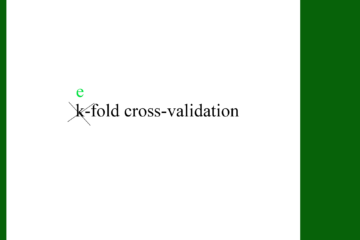Green Recommender Systems: Down-Sampling Datasets for Energy-Efficient Algorithm Performance
Abstract As recommender systems become increasingly prevalent, the environmental impact and energy efficiency of training these large-scale models have come under scrutiny. This paper investigates the potential for energy-efficient algorithm performance by optimizing dataset sizes through downsampling techniques. We conducted experiments on the MovieLens 100K, 1M, 10M and Amazon Toys Read more…




